Altimex delivers high-reliability printed circuit boards (PCBs) for maritime applications with marine-grade certifications and end-to-end manufacturing solutions.
Maritime PCB Applications We Can Serve
At Altimex, we manufacture high-reliability PCBs tailored for demanding maritime environments. Our engineering and production processes ensure dependable performance in harsh sea conditions.
From deep-sea navigation to shipboard communication systems, whether you’re developing advanced vessel control systems or mission-critical marine electronics, we provide trusted circuit board solutions for:
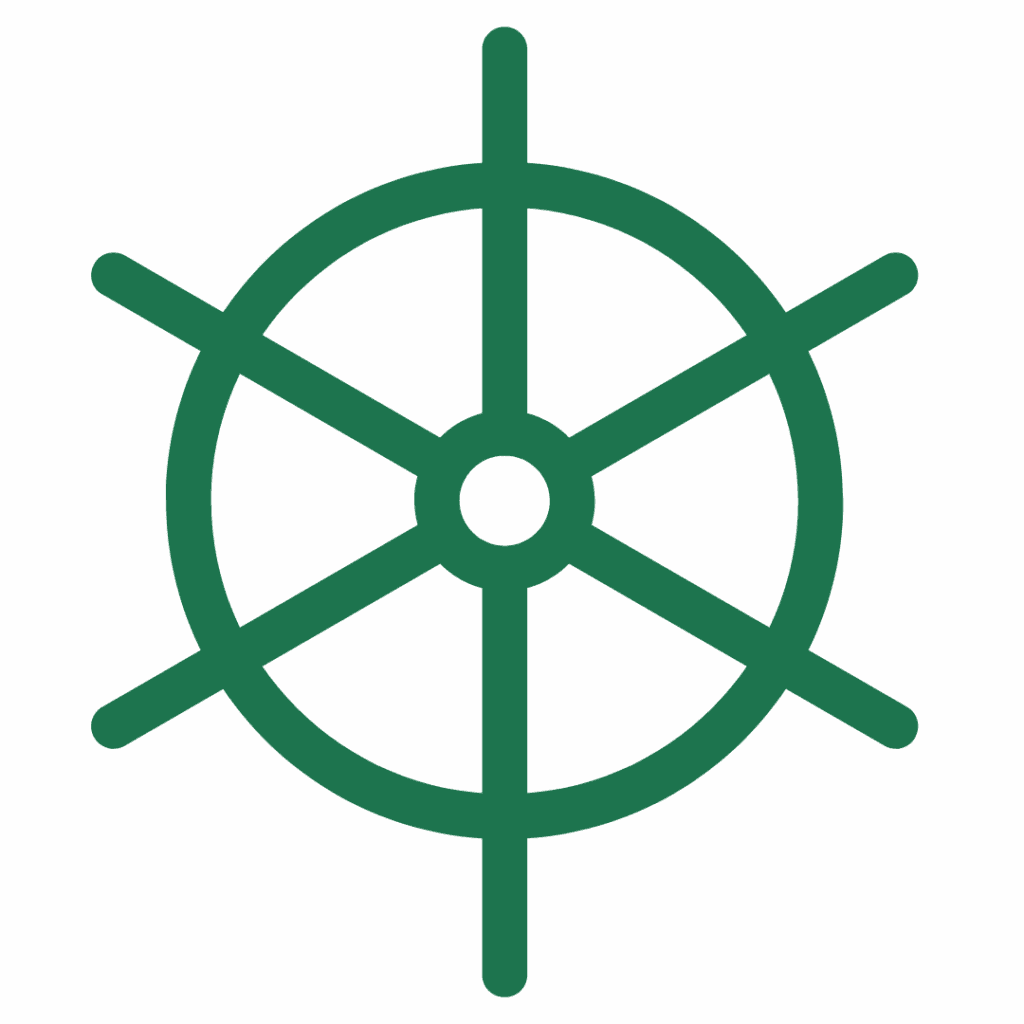
Ship Control and Automation Systems

Marine Communication Equipment

Autonomous Underwater Vehicles (AUVs) and Drones

Voyage Data Recorders (VDR) and Black Box Systems

Sonar and Sensor Arrays

Navigation and Telemetry Systems

Power Distribution and Control Modules
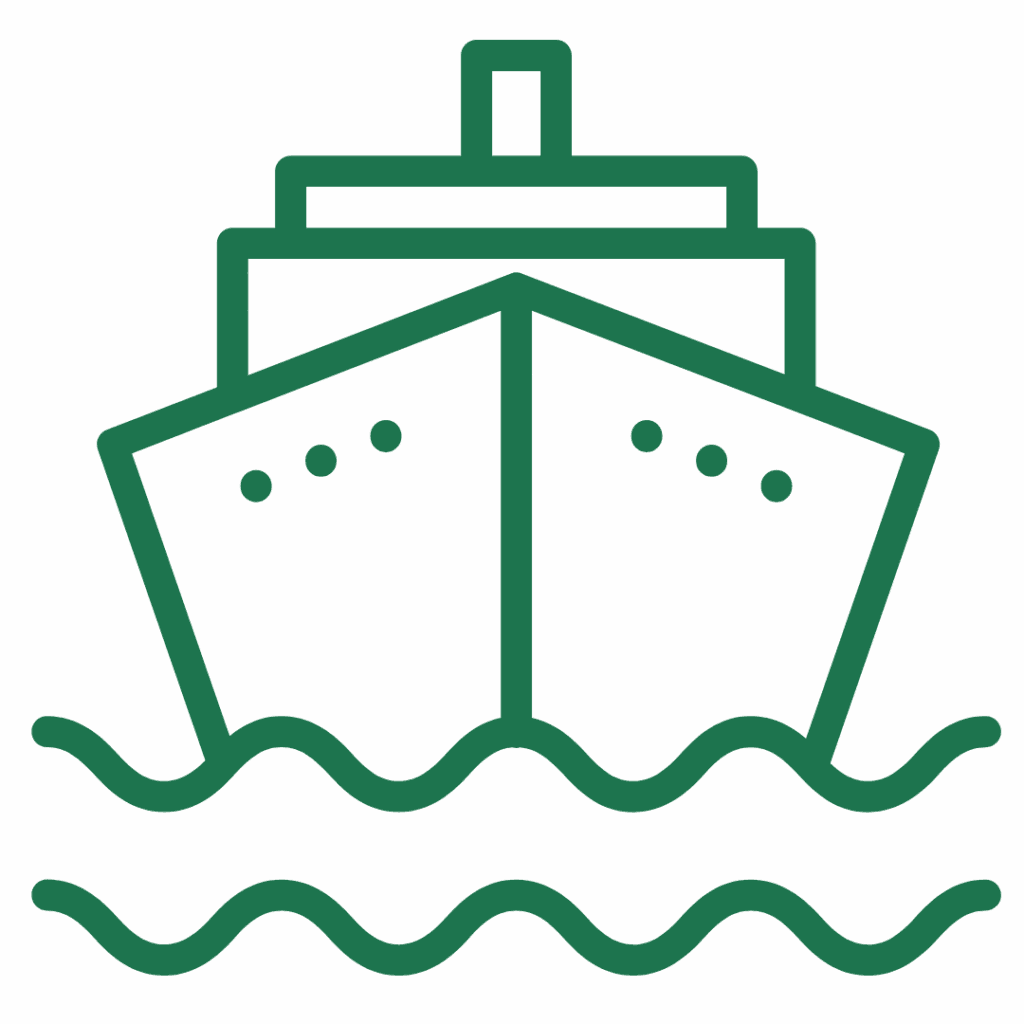
Bridge and Control Room Interface Systems
Why Work With Altimex?

25+ Years Of Experience

Fast Turnaround Time

Tailored
Solutions

Building Long-Term Partnerships

Certified & Experienced Team
Types of PCBs We Can Manufacture for the Maritime Industry
At Altimex, we have the ability and expertise to manufacture a wide range of PCBs for maritime applications.
Flexible PCB
Designed for confined spaces and harsh marine environments, flexible PCBs provide maritime systems with enhanced durability, vibration resistance, and space-saving versatility.
Custom PCB
Altimex develops bespoke PCBs to meet precise marine specifications, ensuring optimal performance, reliability, and compliance with industry standards.
Multilayer PCB
Ideal for complex marine electronics, multilayer PCBs support high-density circuit design, EMI shielding, and superior signal integrity in compact formats.
Double-Sided PCB
Offering increased circuit complexity in limited space, double-sided PCBs are perfect for ship control, communication, and navigation system integration.
Single-Sided PCB
Cost-effective and reliable, single-sided PCBs suit simpler maritime applications where high performance and strict quality control remain essential.
Interested In Maritime PCBs?
Get in touch with us and a member of our team will reach out to you.
Either use the contact form on our website or call us on +44 1829 741262
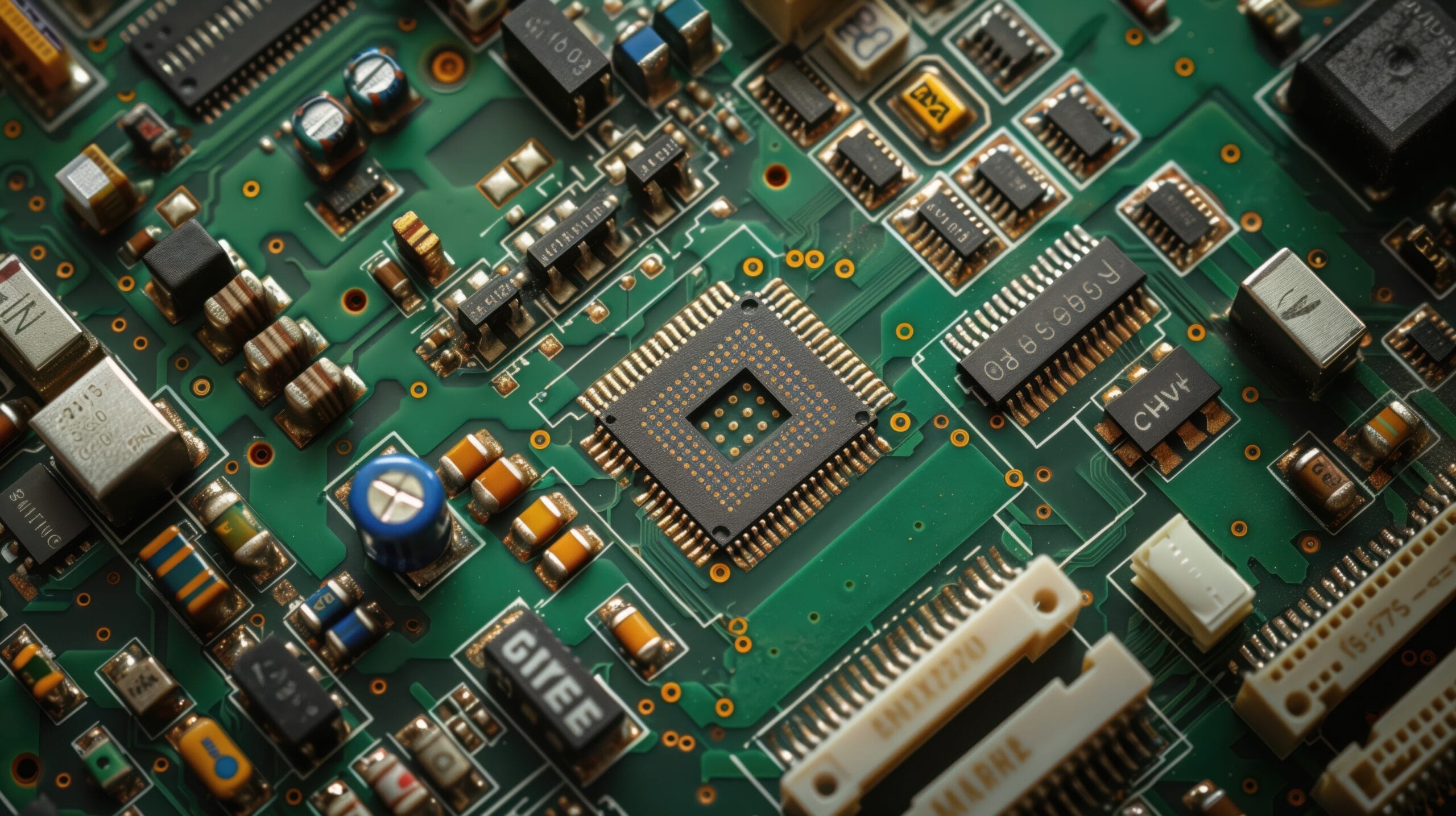
Why Are PCBs Important to the Maritime Industry?
Printed Circuit Boards (PCBs) play a crucial role in maritime technology, powering everything from ship control systems to communication and navigation equipment. These boards must be exceptionally reliable because they operate in some of the harshest environments imaginable, facing extreme temperatures, constant vibration, saltwater exposure, and rough seas.
That’s why precision and quality are essential in their design and manufacture. A well-made PCB ensures that vessels and marine systems run smoothly and safely.
Proud to have worked with
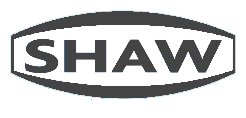
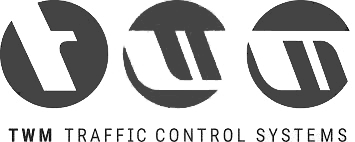

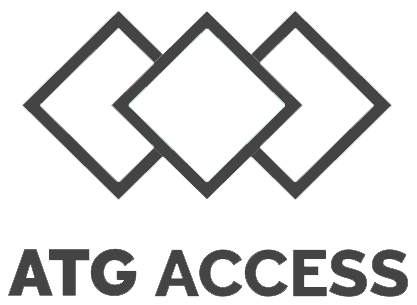





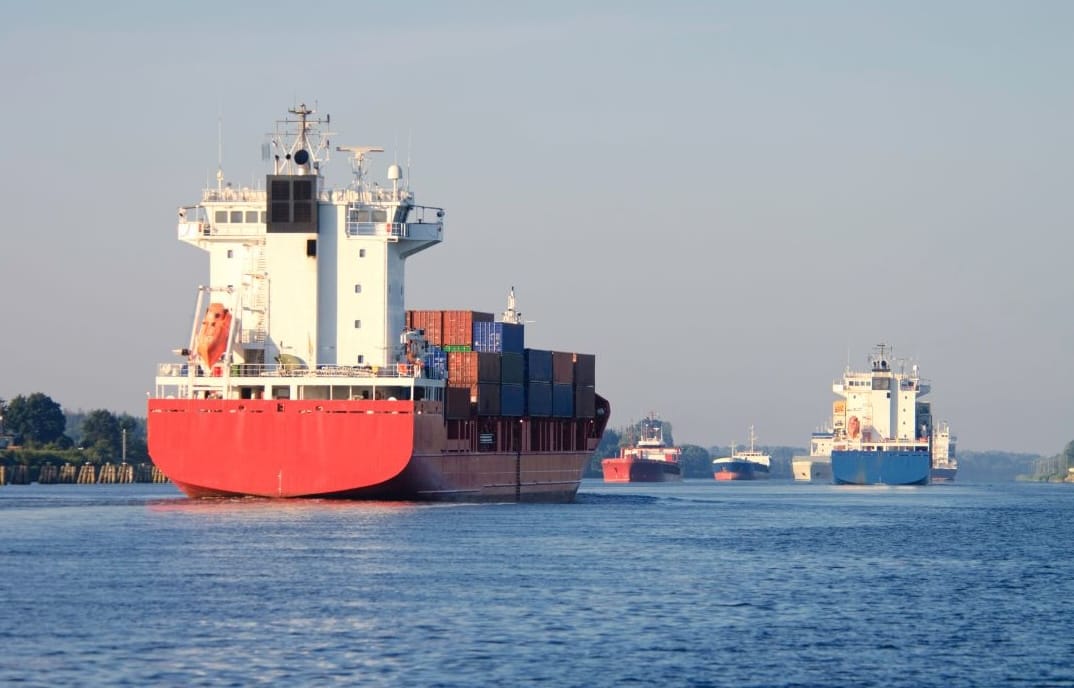
Bespoke Maritime PCB Capabilities
At Altimex, we understand that every maritime project is unique. That’s why we offer bespoke PCB solutions designed specifically for your needs. From complex multilayer boards to flexible designs, we use advanced materials and precise manufacturing to ensure your PCBs perform flawlessly in harsh marine environments.
Whether you need a prototype or a full production run, we work closely with you every step of the way, making sure your boards meet all industry standards and project requirements.
Get In Touch Today For Maritime PCBs
If you have a query about our services or feel like we could help you, please get in touch by filling the form out below or by calling us on 01829 741 262.
Frequently Asked Questions
Maritime PCBs are printed circuit boards specifically designed for use in marine environments. These boards are used in ship control systems, communication equipment, navigation systems, and underwater devices. They must withstand extreme conditions like saltwater exposure, high humidity, temperature fluctuations, and continuous vibration. Maritime PCBs are engineered with materials and coatings that prevent corrosion and ensure long-term reliability, even in harsh sea conditions.
Maritime PCBs are built with rugged materials and protective finishes to resist corrosion, moisture, and vibration. Unlike standard PCBs, they often include conformal coatings, waterproof enclosures, and marine-grade components. These enhancements ensure the PCBs can operate reliably aboard ships or submerged systems. Additionally, maritime PCBs follow specific industry standards and certifications to meet the demanding operational requirements of marine environments.
Maritime PCBs are engineered to resist corrosion primarily through protective materials and coatings. The copper traces are typically finished with surface treatments like ENIG (Electroless Nickel Immersion Gold) or immersion silver to prevent oxidation. Additionally, a conformal coating, usually silicone, acrylic, or epoxy, is applied over the entire board to shield against saltwater, humidity, and chemical exposure. Potting compounds or sealed enclosures may also be used for added moisture resistance. These layers prevent direct contact between environmental contaminants and sensitive circuitry, significantly increasing lifespan and reliability.
Maritime PCBs must meet specific industry standards to ensure safety, performance, and durability in marine environments. Common standards include IPC-A-610 for assembly quality and IPC-6012 for fabrication. For marine electronics, compliance with IEC 60945 is often required, especially for navigation and communication equipment. Additional certifications might include ISO 9001, MIL-STD-810 (for environmental resilience), and approvals from classification societies like Lloyd’s Register or DNV. These standards ensure that PCBs are resistant to shock, vibration, EMI, humidity, and corrosion.
Several types of PCBs are used in maritime systems, each suited to different functions. Single-sided PCBs are used for simpler, low-cost applications. Double-sided PCBs offer more complexity and are common in control and communication systems. Multilayer PCBs are ideal for high-density systems such as radar, sonar, and advanced navigation units. Flexible PCBs are used in compact or moving components, like underwater drones or tight engine compartments. In many cases, these boards are combined with marine-grade materials and coatings to ensure durability and resistance to the corrosive maritime environment.
Yes, specially designed PCBs can function effectively in underwater environments. These are commonly used in ROVs (remotely operated vehicles), sonar systems, and underwater sensors. To operate underwater, the PCBs must be sealed within waterproof enclosures or potted in resin to prevent water ingress. Components are selected for pressure tolerance and corrosion resistance, and the board is coated to protect against moisture and salt. The design must also account for thermal dissipation and mechanical stress. When properly engineered, underwater PCBs can operate reliably at significant depths for scientific, industrial, or military purposes.

